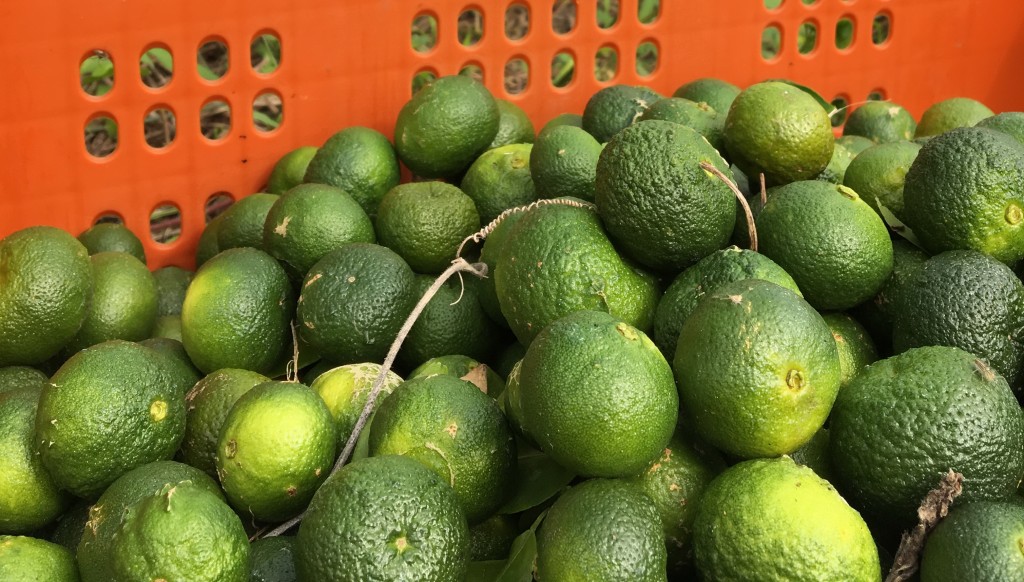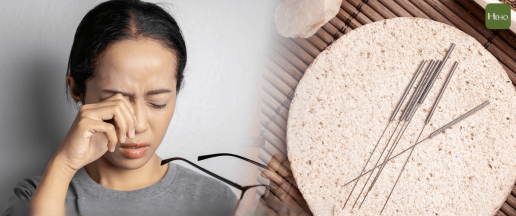The Hirami lemon that the Japanese regard as a healthy product is not only native to Ryukyu, but also in eastern Taiwan. The Kaohsiung Livestock Research Institute coached the entrepreneurs to develop a new use of Taiwan tangerine (Hirami lemon), turning agricultural waste into an animal health function and drastically reducing the use of antibiotics.
"Hirami lemon" is a native Taiwanese plant, also known as “Taiwan tangerine” or "Taiwan Lemon". In Japan, the lemon juice is a high-priced healthy product, which is generally considered to be related to the general longevity of the Ryukyu people. After Taiwan has promoted cultivation, Pingtung County has become Taiwan's largest producer of Hirami lemon.
As the sales of Taiwan tangerine juice increased, the amount of their peels also increased, however the industry has no countermeasure. After Kaohsiung District Agricultural Research and Extension Station (高雄區農業改良場) analyzing the peel residue, it was confirmed that the fruit is rich of anti-oxidant "Polymethoxylated Flavones (PMF)", It is higher PMF among Taiwan citrus and the PMF in the peels is even higher than in the juice.
This feature allows the lemon producers to have more business opportunities, so they tried to add in the food for the pig farms of their relatives and friends and carried out small-scale raising experiment and the results were good.
The Livestock Research Institute launched an animal health program in 2017, hoping to develop a series of domestic feed additives that have the potential to replace antibiotics.
Xu Jin-bin (許晉賓), the director of Kaohsiung Livestock Research Institute gave some advice to entrepreneurs to conduct long-term experiment on commercial pig farms and found out that Taiwan tangerine powder added to the pig food can improve the growth rate of pigs and quality of meat. In terms of cost-effectiveness, it can also increase the income of each pig by about NT$ 248-440.








